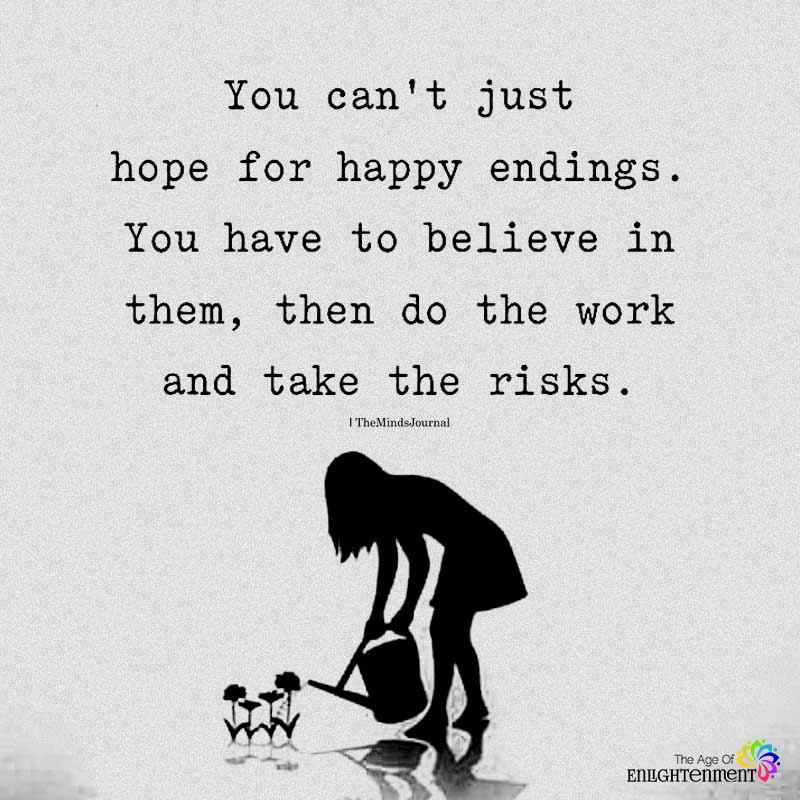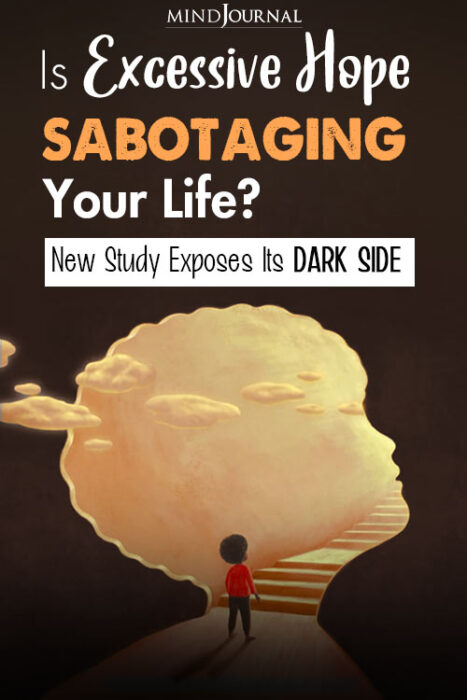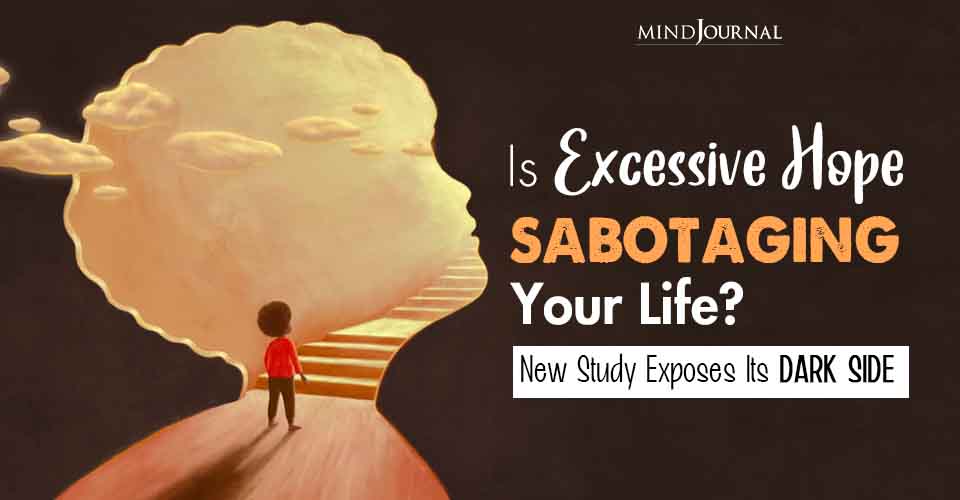Do you often find yourself setting high expectations and hoping for the best, only to be left disappointed and disillusioned when things don’t go as planned? If so, you may unknowingly be falling for the dark side of hope.
According to new research, there’s a dark side to hope that we all need to be aware of. Sure, hope can be a great motivator, but there are downsides of hope as well.

The two faces of hope
There are two faces of hope, one is its power to inspire and motivate us, and the other is its potential to blind us to reality and set us up for disappointment. Surprised right?
The study found that people who are highly hopeful were more likely to experience negative emotions, such as disappointment and frustration, when faced with failure.
Related – What Is The Worse Kind Of Disappointment?
When you place too much emphasis on hope, you risk ignoring the negative impact of hope, avoiding the hard work it takes to make things better. You become so focused on the potential for a better future that you forget to take action in the present.
But wait, it gets worse. When you’re too hopeful, you can also become complacent. This means, you start to believe that success is inevitable, so you don’t put in as much effort or work as hard as you should.
After all, if everything is going to work out in the end, why bother trying so hard? But wait!
This can ultimately hinder your progress and prevent you from reaching your full potential.

The dark side of hope
A survey found that 44% of students with high levels of hope dropped out of college, compared to only 12% of students with lower levels of hope.
This was because the students with high levels of hope had unrealistic expectations about their academic abilities, and were more likely to procrastinate and neglect their studies rather than working on their goals.
Another study found that cancer patients who had high levels of hope were more likely to experience depression and anxiety.
This was because they were hoping for a cure or a miraculous recovery, but if the reality is that your illness is terminal, that hope can stop you from accepting your situation and focusing on what’s truly important in your remaining time.
Yet another study found that individuals with high levels of hope may be more susceptible to self-blame and negative self-talk when faced with failure. This study found that individuals with high levels of hope were more likely to attribute failure to personal factors, such as lack of ability or effort, rather than external factors.
You see, hope can lead to unrealistic expectations. When you expect everything to go smoothly and without a hitch, any setbacks can feel like crushing blows.
How to protect yourself from the dark side of hope
Remember, hope isn’t the only emotion that can motivate us. Fear, anger, and even sadness can also spur us into action and inspire meaningful change.
Related – Why You Should Let Anger Be Your Motivator – The Minds Journal
So, what can you do to avoid the dark side of hope? How can you maintain hope without falling victim to its negative consequences?
The answer is simple: Balance.
You need to balance your hope with a healthy dose of realism.
It’s also important to take action in the present. Instead of setting your expectations sky-high, be realistic about what you can achieve. Sure, dream big, but also be practical.
If you’re in a toxic relationship, seek out resources and support to help you leave and move on. If you’re struggling with a job search, take steps to improve your skills and network with others in your field.
Instead of hoping for a miracle cure, you can hope for effective treatment and work with your healthcare provider to manage your symptoms and maintain your quality of life.
Set goals that are challenging but attainable. By doing this, you’re more likely to achieve success and avoid disappointment.
Key Takeaways
Remember, failure is not the end; it’s just a stepping stone on the path to success. While hope can be a powerful motivator, it’s important to be aware of the dark side of hope. Too much hope can lead to complacency, ultimately hindering your progress.
By balancing your hope with a healthy dose of realism and acknowledging the challenges you may face, you can achieve your goals without falling victim to the negative effects of hope.
So keep dreaming big, but stay grounded and focused on the journey ahead.
Related – 5 Signs You’re Clinging To Toxic Hope









Leave a Reply
You must be logged in to post a comment.